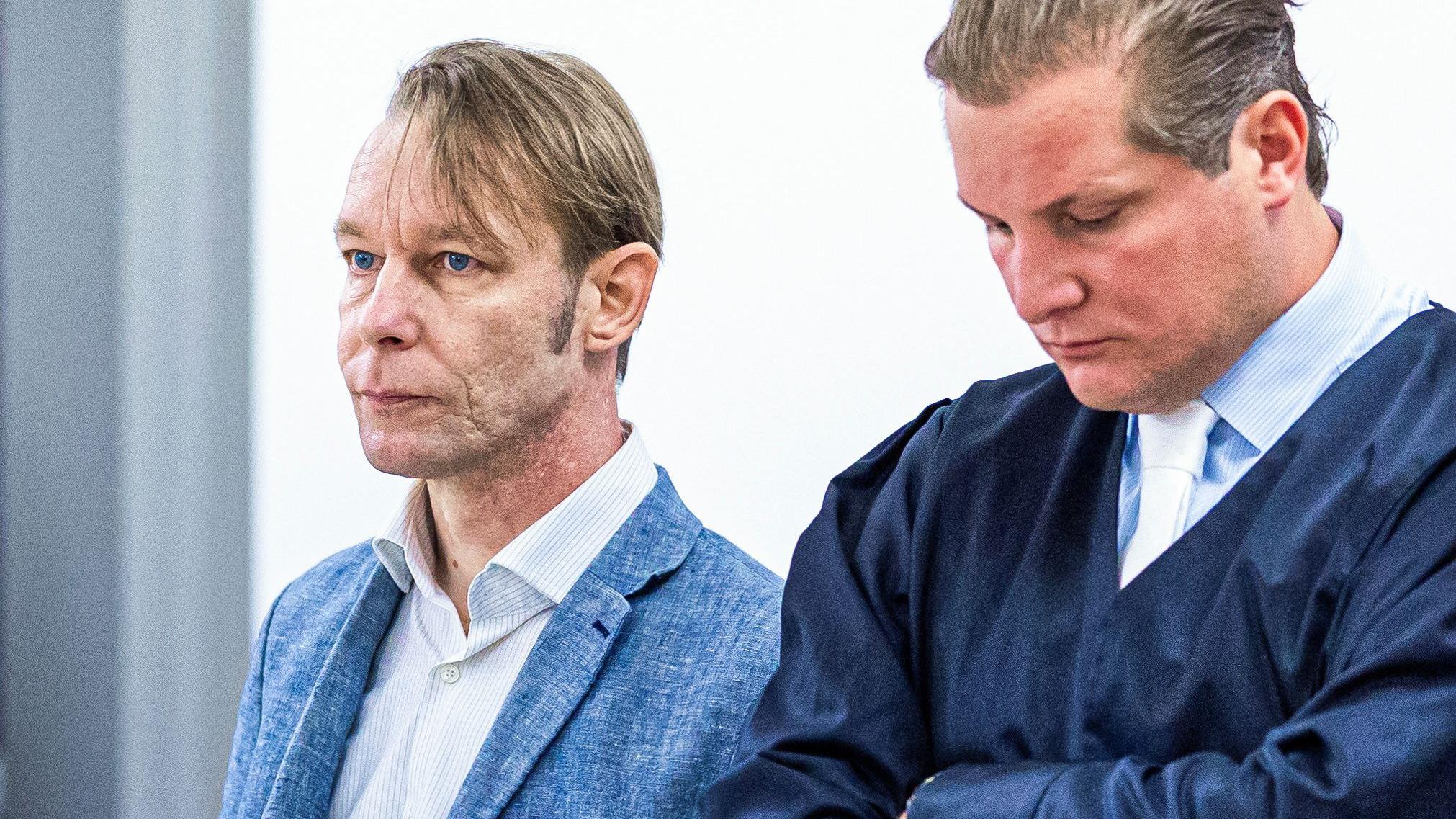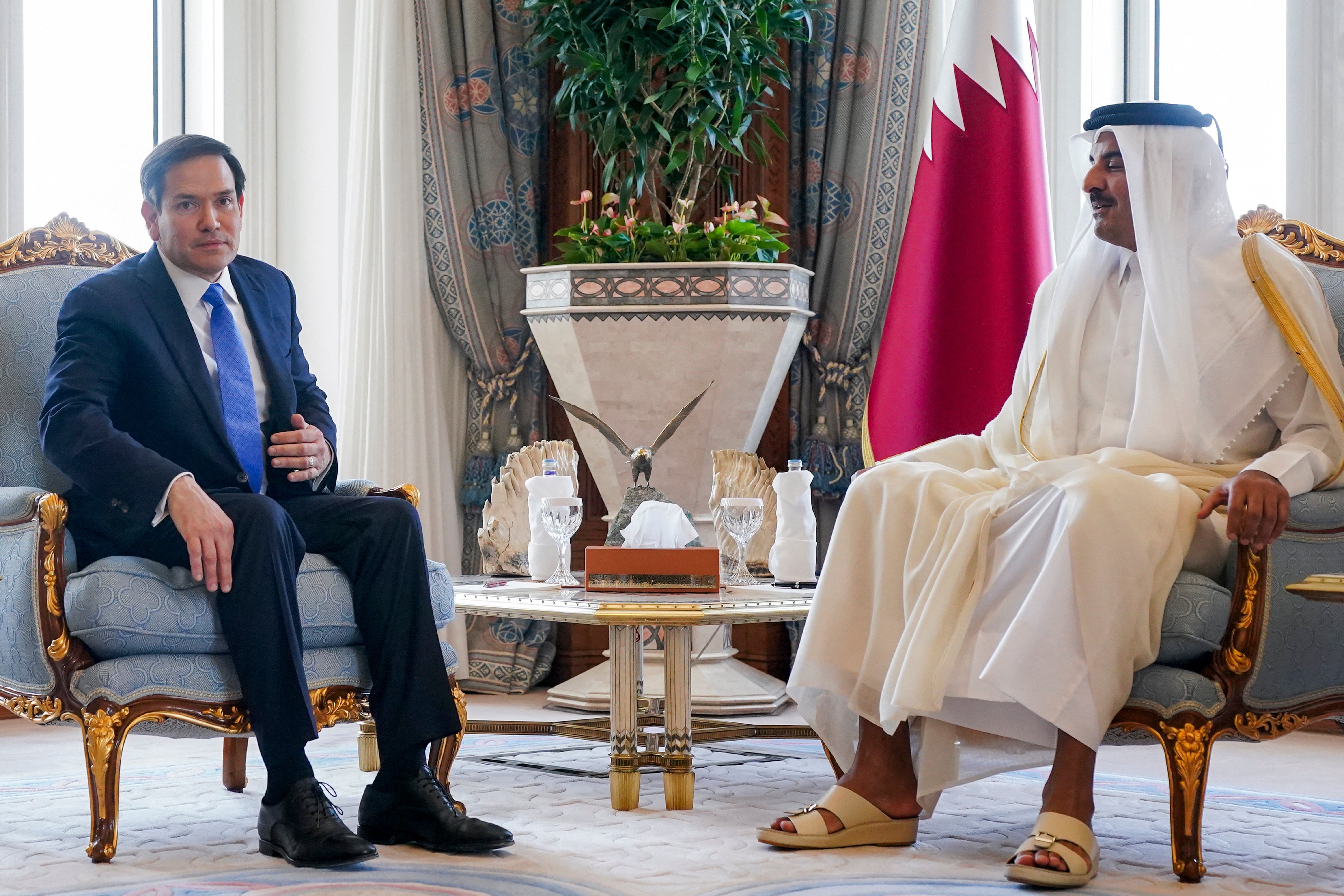El escenario político en los Países Bajos ha cambiado considerablemente tras la dimisión del ministro de Asuntos Exteriores. La decisión se produce después de que los intentos de promover sanciones internacionales contra Israel no obtuvieran el apoyo necesario, lo que llevó a una creciente presión política y a dudas sobre la capacidad del ministro para alcanzar importantes objetivos diplomáticos.
The announcement has sparked widespread discussion within Dutch politics and beyond, as it underscores the complexity of international diplomacy, especially when it involves contentious issues like sanctions and foreign policy positions. The failure to secure consensus on this matter reflects the broader challenges European nations face when addressing sensitive geopolitical conflicts.
The minister’s resignation is not merely a personal decision but a political statement that highlights the weight of responsibility carried by those in high-ranking governmental roles. Sources indicate that the foreign minister had been vocal about the need for stricter measures, citing humanitarian concerns and the importance of accountability in global governance. However, internal disagreements and resistance from other nations ultimately left the proposal without sufficient support.
Observers note that this development could influence the Netherlands’ diplomatic stance moving forward. With a new foreign minister set to take the helm, questions remain about whether the government will continue pursuing similar measures or adopt a more moderate approach to maintain international relationships. Analysts suggest that the resignation may also impact the Netherlands’ credibility in advocating for human rights and international law, particularly if there is no clear successor strategy.
Las opiniones han sido divididas; algunos políticos elogian el compromiso del ministro con los principios, mientras que otros sostienen que la decisión de dimitir fue apresurada y podría generar inestabilidad en un momento crítico para la diplomacia europea. Las organizaciones de la sociedad civil que promueven acciones más contundentes en la región han mostrado su desilusión ante la falta de avances, subrayando que la situación requiere perseverancia en los esfuerzos en lugar de retrocesos.
This resignation adds to a growing list of political shifts across Europe related to foreign policy debates. It illustrates how deeply polarized opinions are on issues of international conflict and the measures countries should take in response. The Netherlands now faces the task of appointing a new leader who can navigate these complex dynamics while balancing domestic expectations with global responsibilities.
The resignation highlights the difficulties faced by democratic countries when attempting to reconcile moral stances with effective diplomacy. Although the attempt to enforce sanctions was unsuccessful on this occasion, discussions concerning responsibility, global law, and human rights remain ongoing. This result could potentially influence upcoming strategies, not only in the Netherlands but also throughout the wider European Union, as administrations persist in understanding their responsibilities in international matters.




